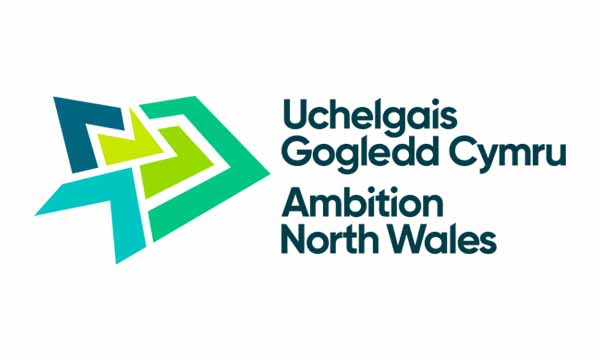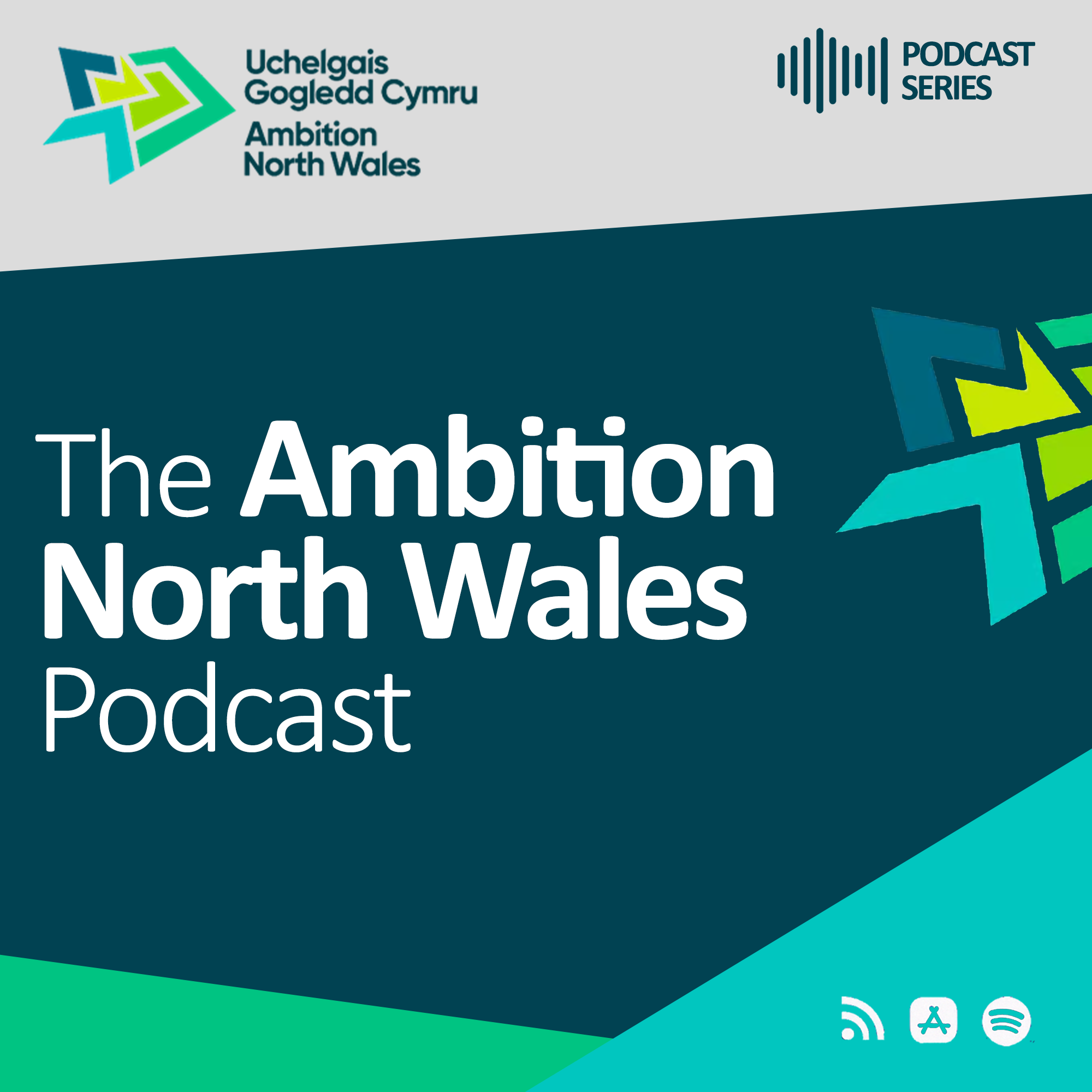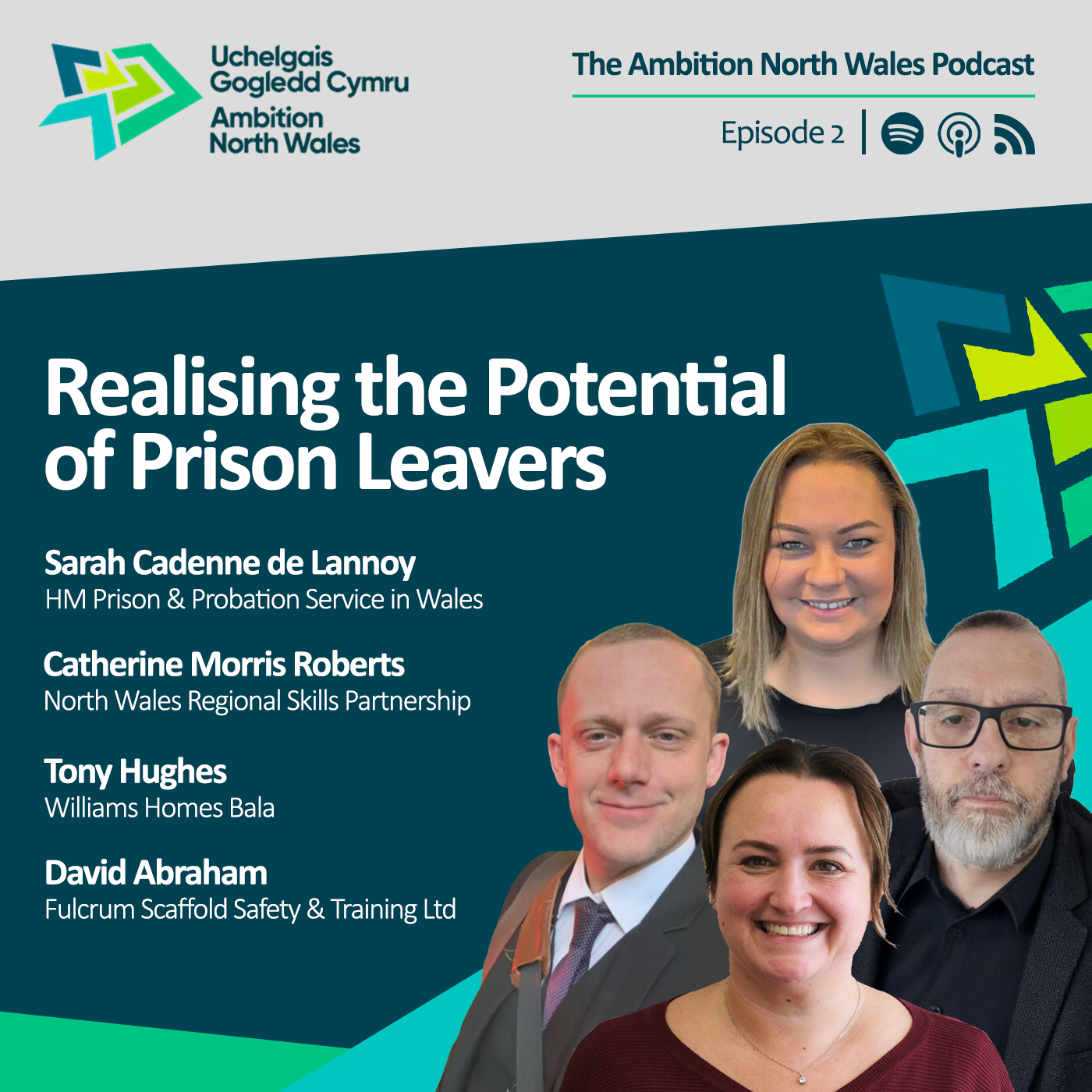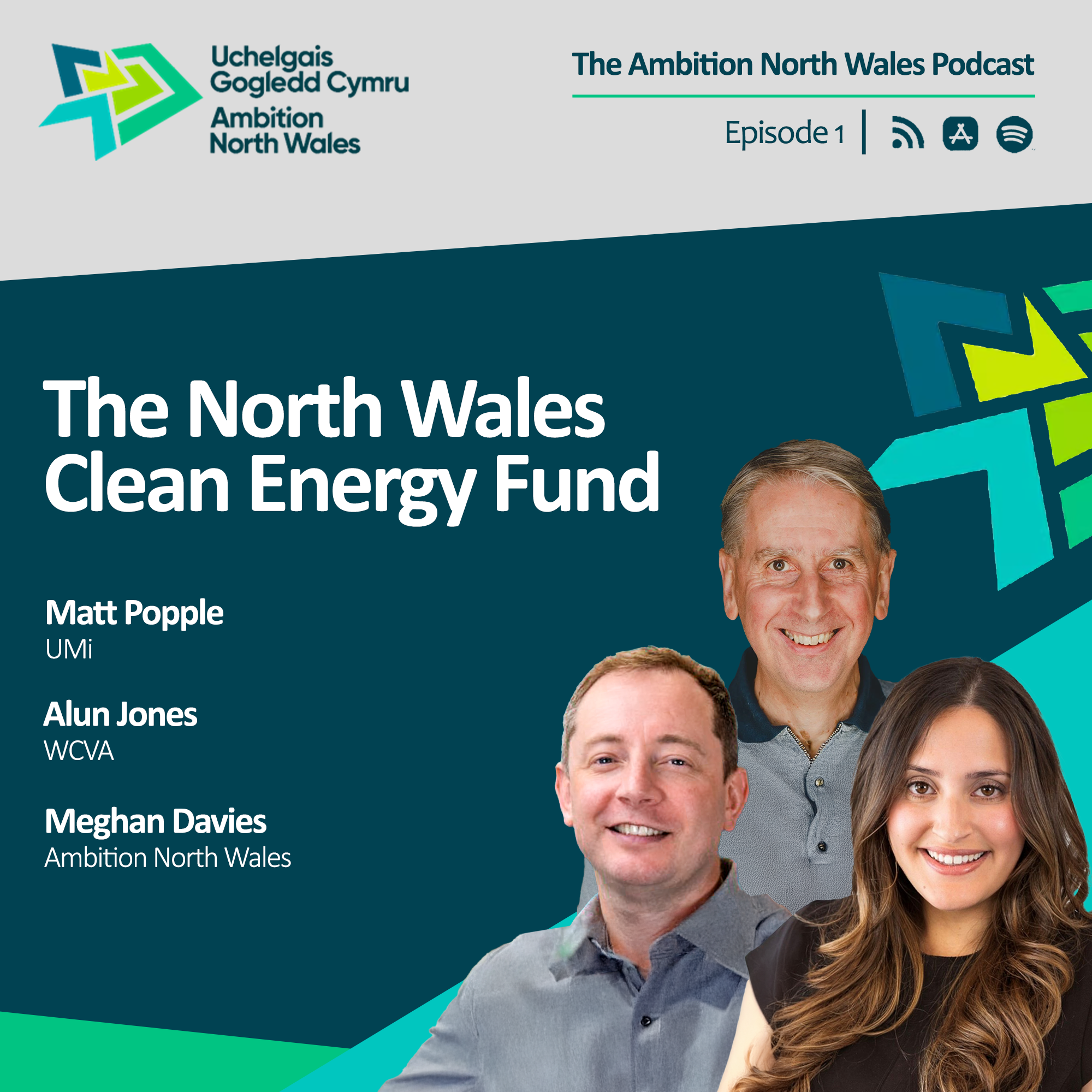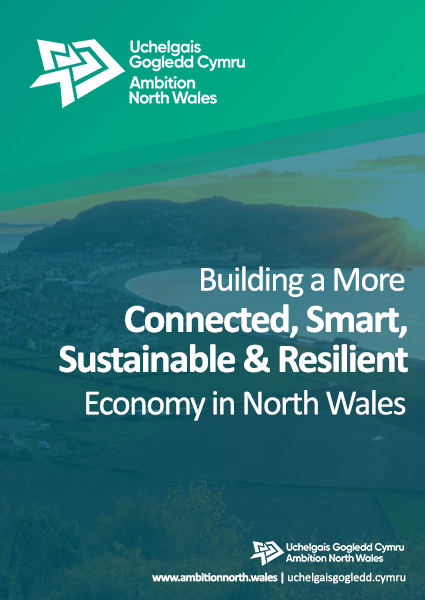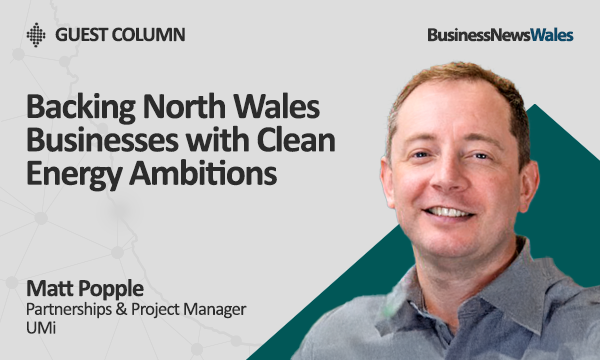
GUEST COLUMN:
Alun Jones
Head of Social Investment
WCVA
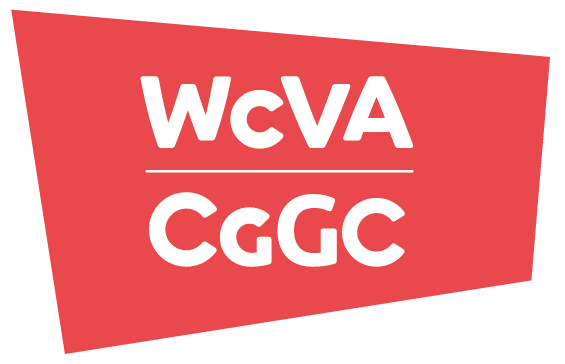
As Head of Social Investment at WCVA, I spend a great deal of time working with voluntary organisations that are striving to balance the books while staying true to their social purpose. For many, that has become more difficult in recent years. Grant funding is tighter, energy bills are higher, and the pressure on organisations to do more with less is unrelenting.
That is why the £5 million voluntary sector sub-fund of the North Wales Clean Energy Fund from Ambition North Wales is so important.
The fund has been designed to support voluntary organisations in North Wales to take practical steps towards lowering their carbon emissions, whether through community energy generation, improving the efficiency of existing buildings, or finding innovative ways to decarbonise. At WCVA we are delivering this in partnership with Community Energy Wales, and it is already clear how much potential there is for the sector to lead the way in clean energy.
The voluntary sector has always operated with what is often called the triple bottom line in mind: profit, people and planet. These organisations need to generate a surplus to stay in business, but their reason for existing is to support people and communities, and increasingly they are expected to play their part in tackling the climate crisis too. For many social businesses, that is already in their DNA. Even where climate change is not the central mission, organisations are increasingly looking for ways to reduce their footprint.
With applications for this fund we expect to see some organisations bring forward community energy projects such as solar, hydro or wind schemes, where the primary aim is to generate renewable energy for the benefit of the community. Others will be looking at energy generation and efficiency for their own use: solar panels on roofs, EV charging points, retrofitting buildings, or even something as straightforward as new windows in a listed property. And there is also room for the unexpected. One early conversation we have had was with a group exploring how to decarbonise a heritage steam railway – a challenge that would not have been on anybody’s list at the outset, but one that shows the breadth of thinking this fund can inspire.
The structure of the voluntary sector sub-fund is designed to make projects achievable. Half of the value of a project can be covered by a grant, between £25,000 and £500,000. Where additional support is needed, organisations can also access interest-free loans of up to £250,000, repayable over a period of up to 10 years. The remaining 25% is match funding, which WCVA can help to arrange through our wider social investment work if needed. In practice, this means projects worth up to £1 million could be supported with up to £750,000 from the fund.
We have kept the process as flexible as possible. Applications are on a rolling basis rather than tied to specific deadlines, because we know how difficult it can be for voluntary organisations to plan when funding comes with rigid timeframes. Our aim is to make this as straightforward as it can be: if you have an idea, we want to talk to you. Some projects may need reshaping before they fit the criteria, but very often that can be done through a conversation.
For voluntary organisations, the benefits go beyond carbon savings. Energy bills make up a significant share of running costs, so by investing in clean energy and efficiency measures, organisations will be able to redirect savings into their social missions. That might mean more services for vulnerable people, stronger community initiatives, or the capacity to take on new challenges. In that sense, the fund delivers in two ways: reducing emissions and enabling organisations to do more of what they were set up to do in the first place.
We have seen through previous schemes that the payback on these types of investments can be strong, with organisations recovering their costs within a few years. But the real impact is longer term. This is about building more sustainable, resilient voluntary organisations that can continue to serve their communities while also contributing to the wider goal of tackling climate change.
What excites me most about this fund is not only the projects we expect – solar panels, insulation, electric vehicle charging – but also those that we cannot yet imagine. The voluntary sector is full of creativity and determination. Given the right support, I am confident we will see ideas that surprise us, and that in turn will demonstrate the breadth of opportunity for clean energy across North Wales.
The voluntary sector is under pressure, but it is also full of ambition. The North Wales Clean Energy Fund gives organisations the chance to align financial sustainability with social purpose and environmental responsibility. That is the essence of the triple bottom line, and why I believe this fund will make a real difference for communities across the region.
Alun talks about this and more in the Ambition North Wales podcast episode The North Wales Clean Energy Fund. Listen to the podcast here.
Find out more about the North Wales Clean Energy Fund here: https://ambitionnorth.wales/low-carbon-energy/clean-energy-fund/

